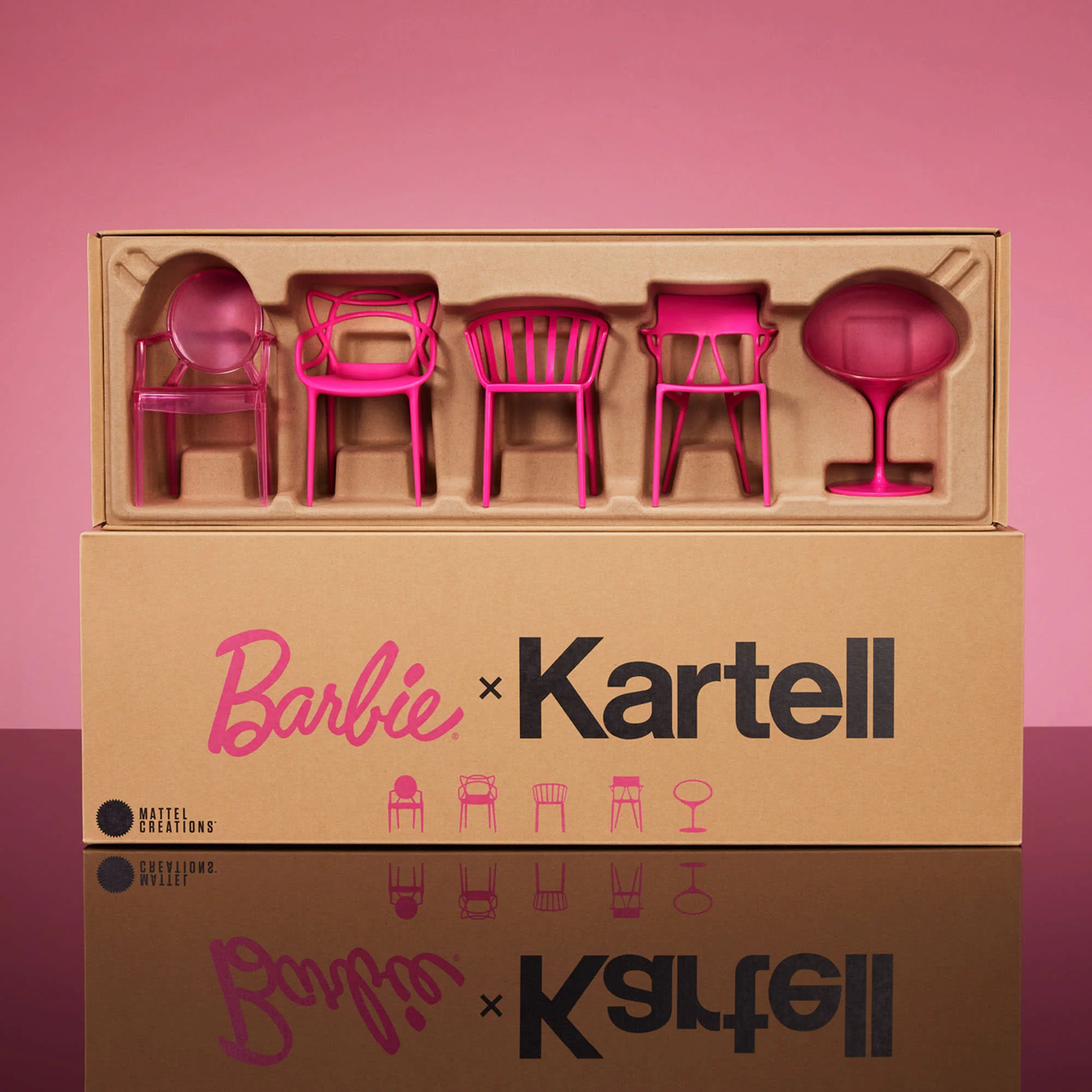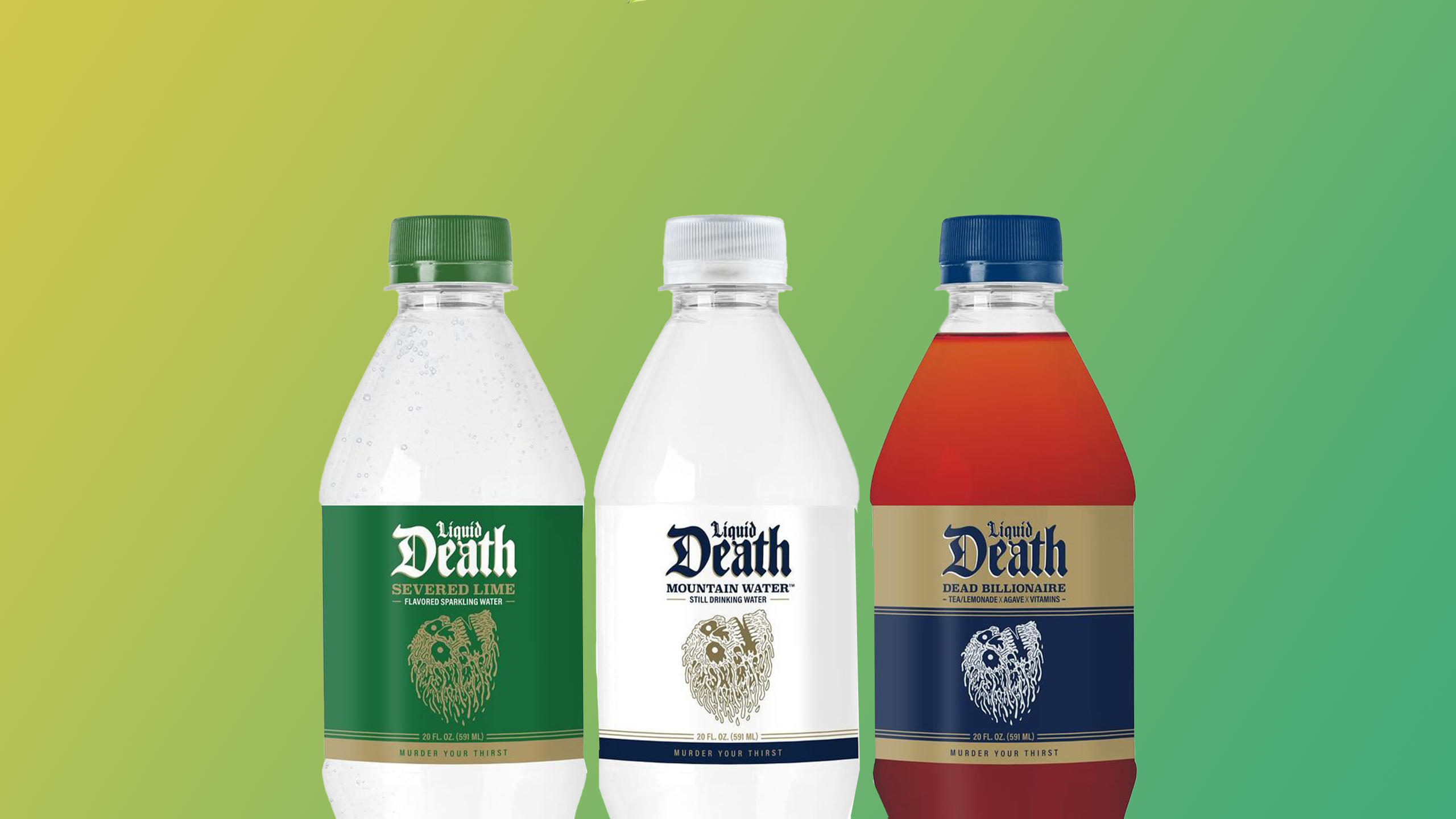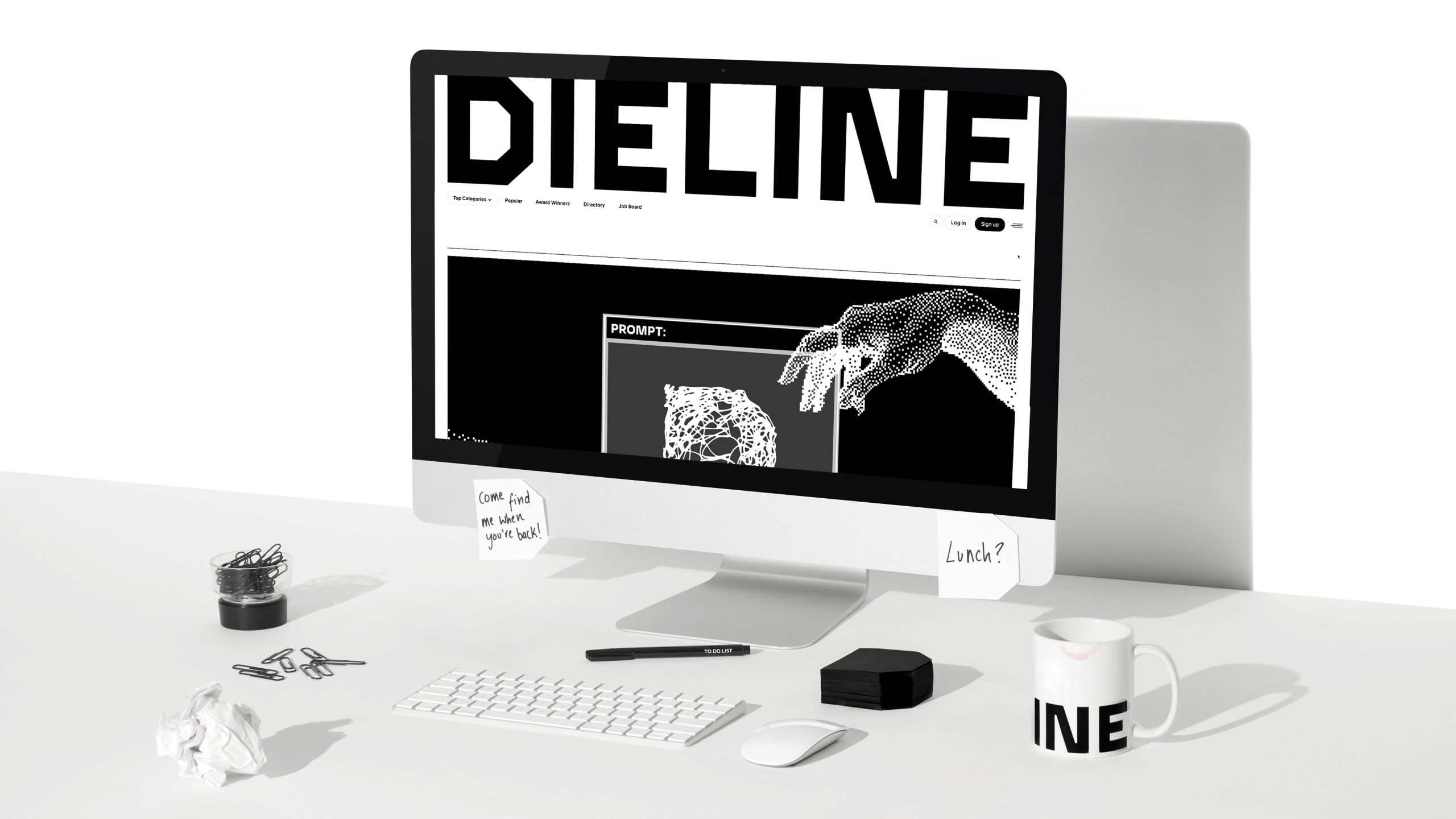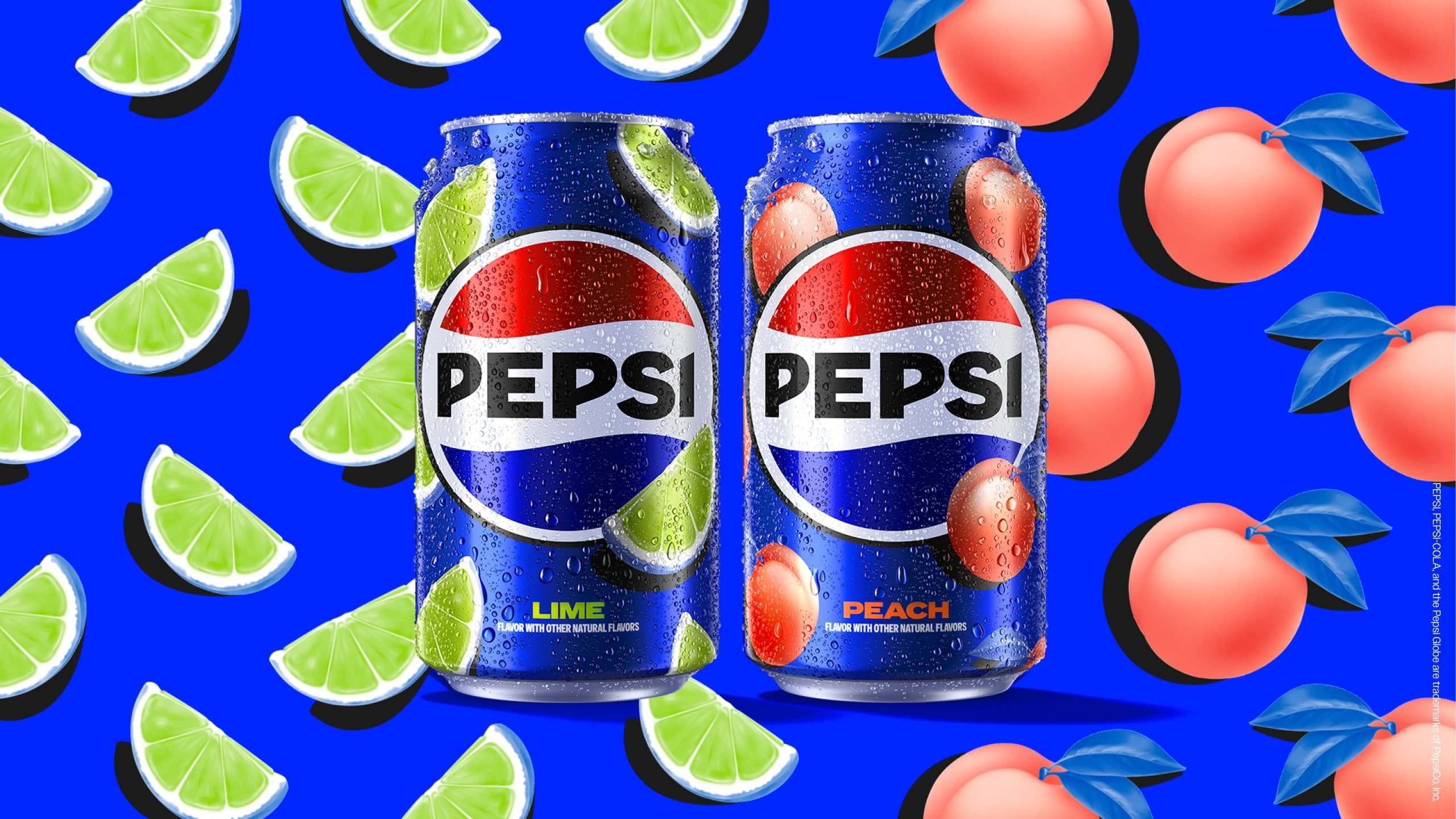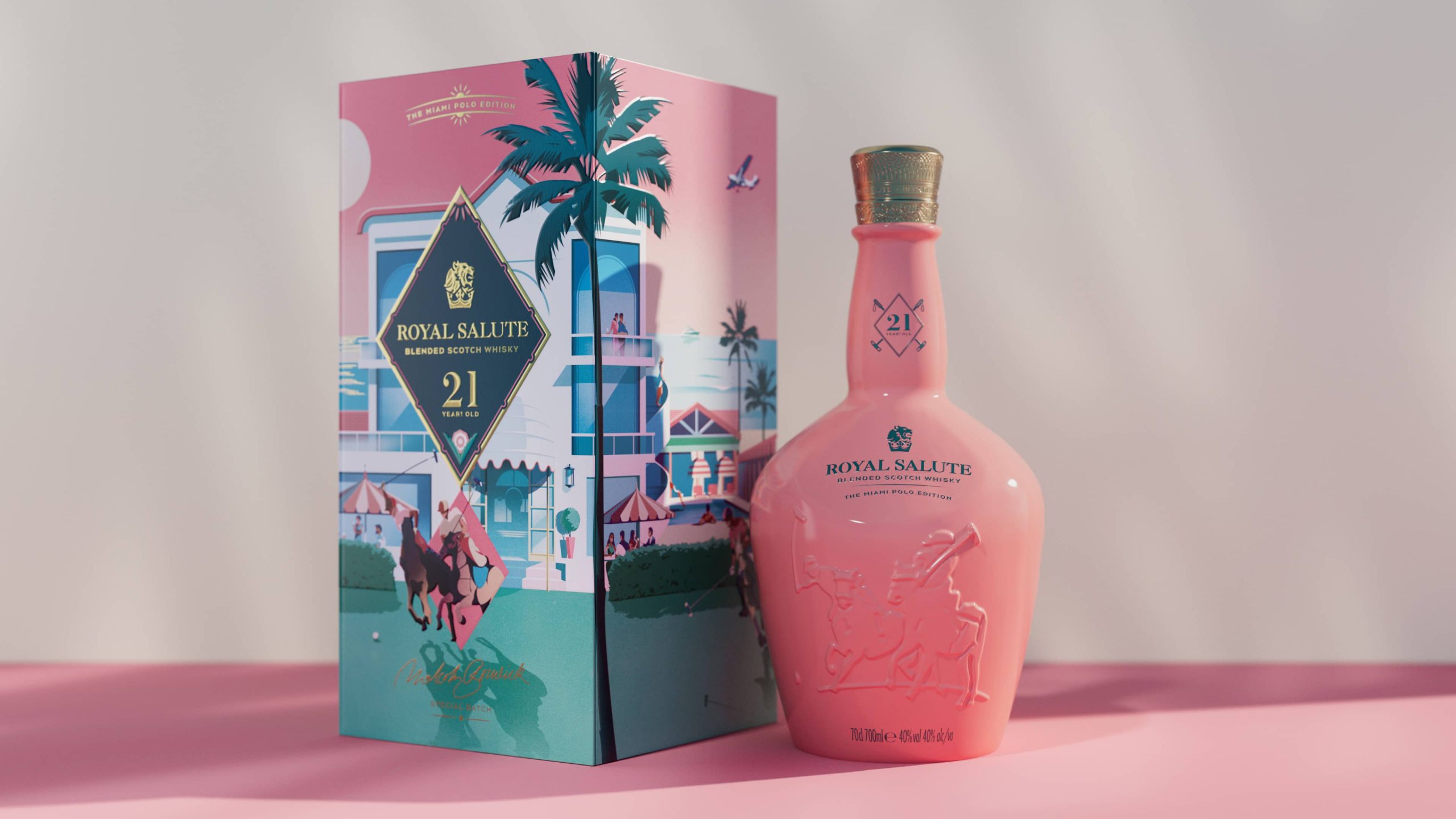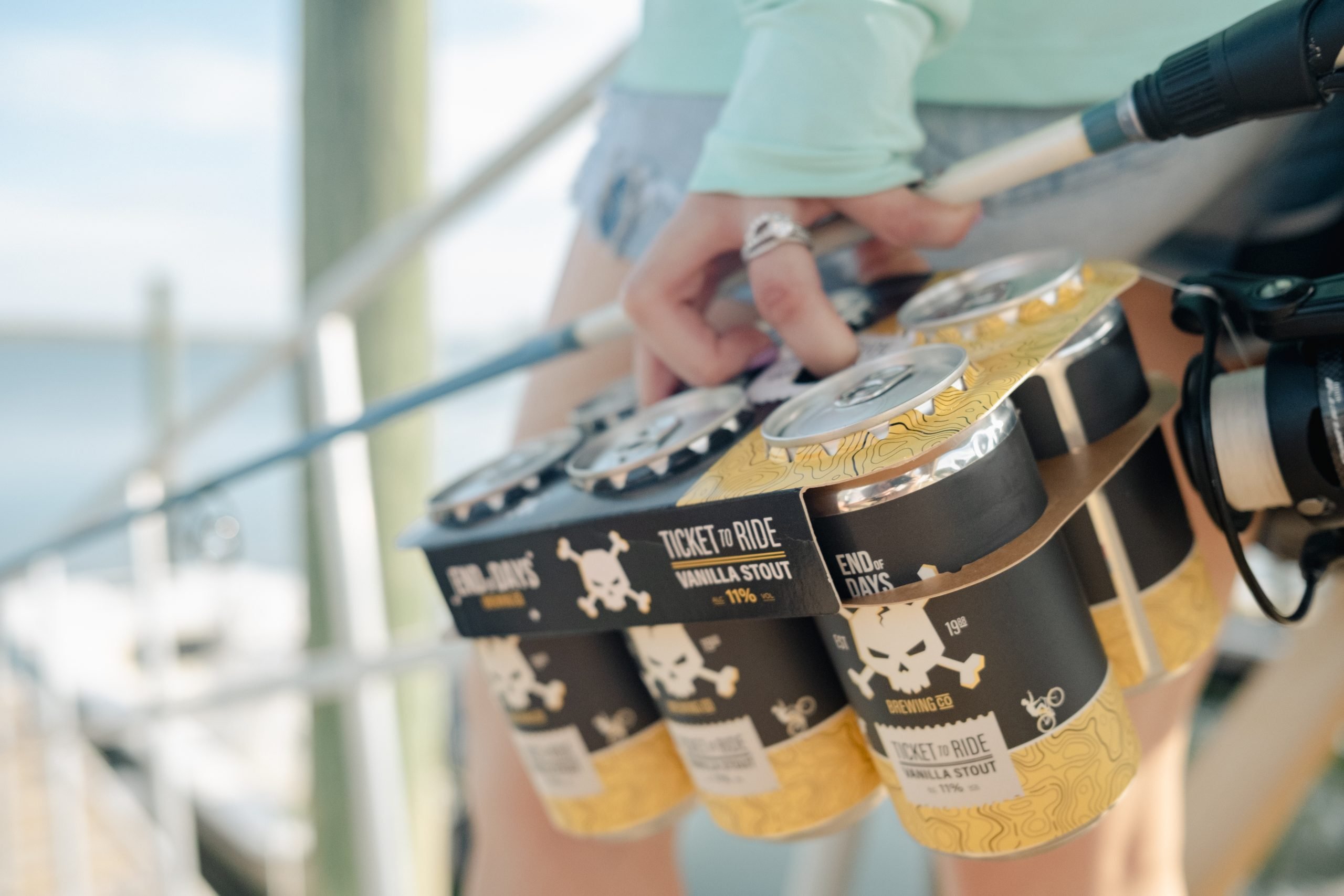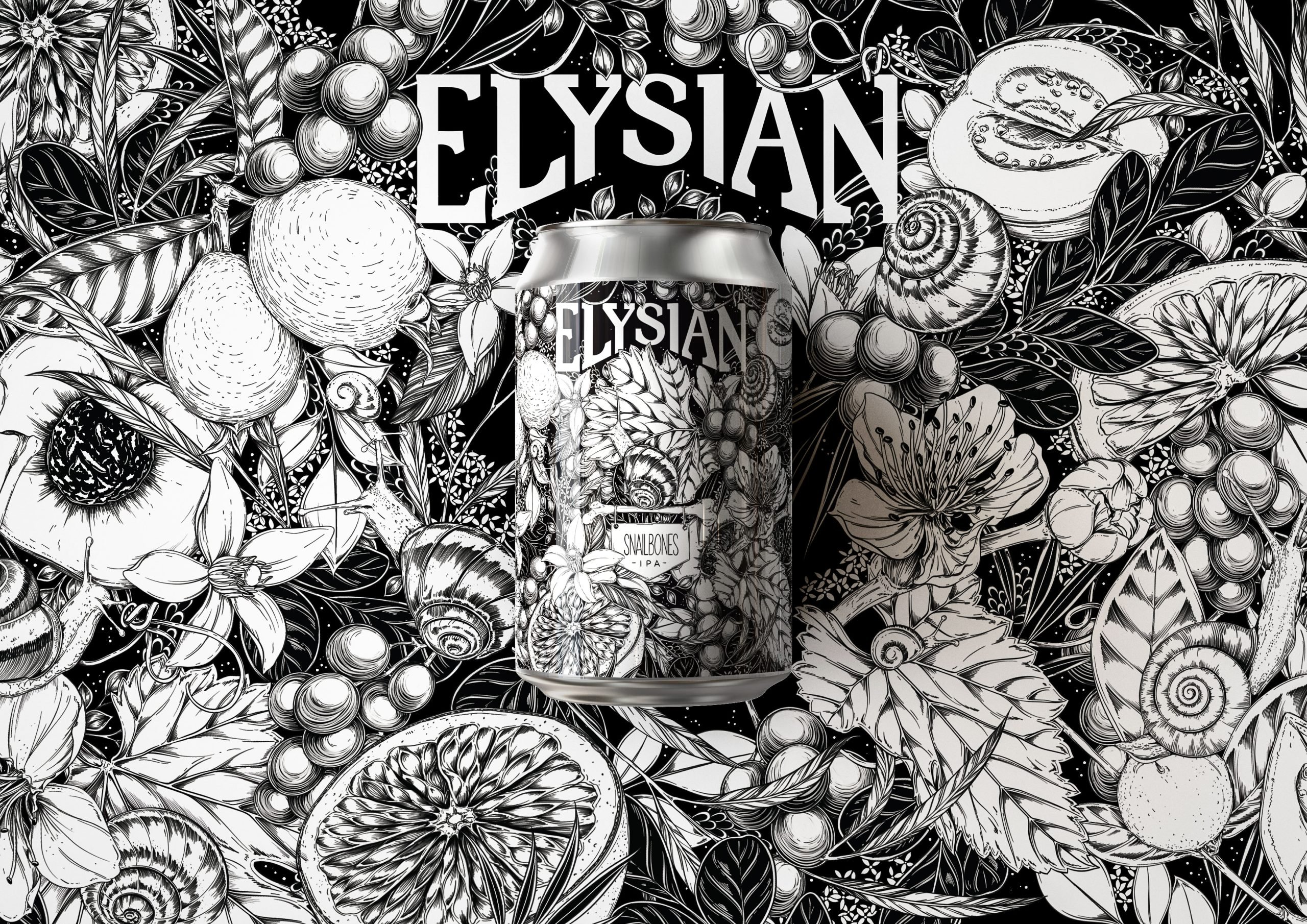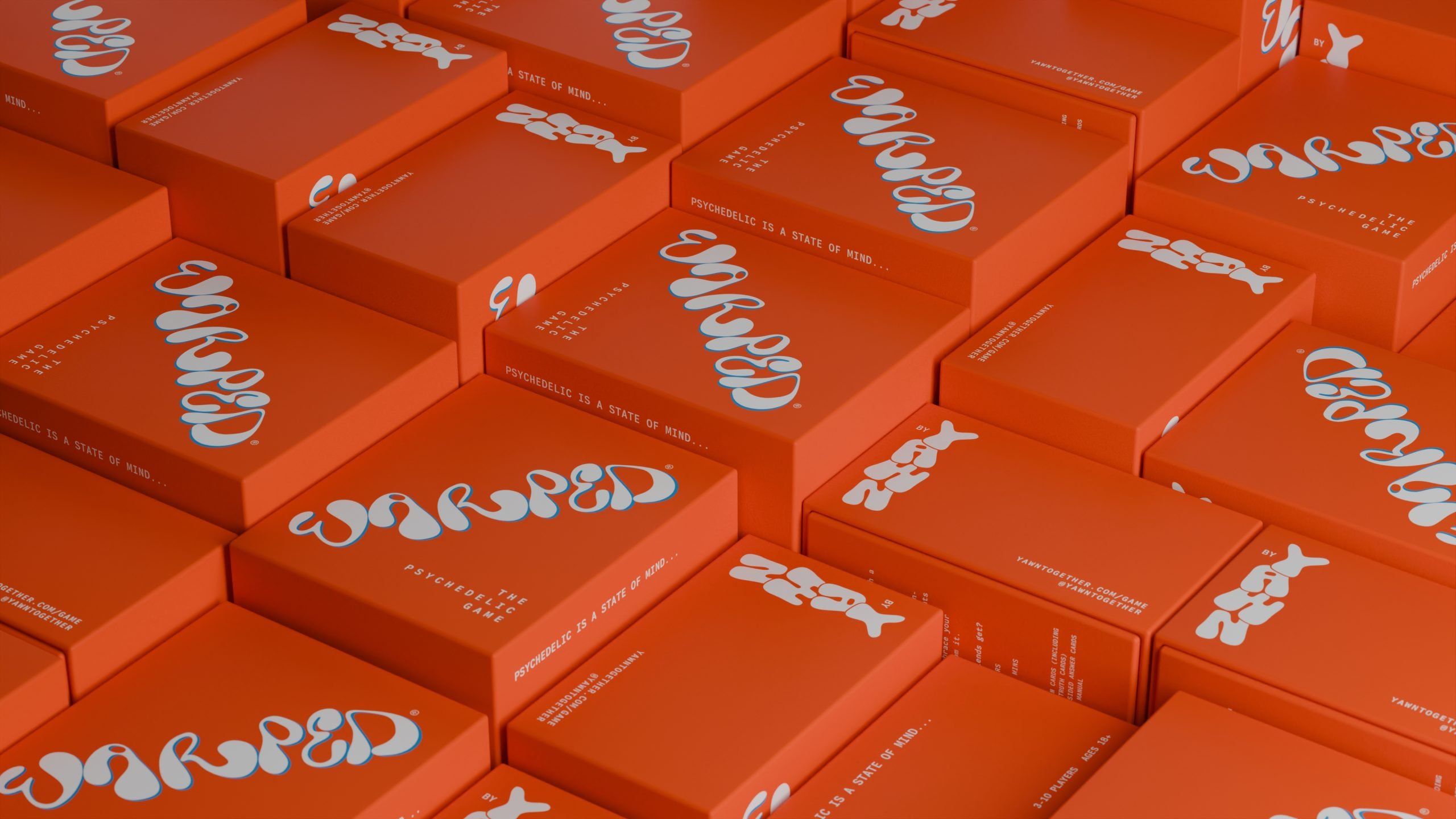During pregnancy, youâre going to have to give up some of the vices you hold dear, and weâre not just talking contact sports and downhill skiing. We all know about the most obvious offendersâ booze, smoking, deli meatsâbut thereâs one you might not have familiarized yourself with as of late.
Plastic. Specifically, a chemical found in the material called phthalates, an additive that increases plasticâs flexibility, durability, and transparency. And itâs not as easy to avoid as say, sushi.
Earlier this month, Scientists discovered that exposure to phthalates could lead to an increased chance of preterm birth, even before conception. You can find phthalates in everything from food packaging and beauty products to plastic toys and garden hoses. The JAMA Open Network study tested 420 singleton births throughout the Boston area between 2005 and 2018 and found that 34 infants were born before the 37-week mark (a full-term pregnancy is 40 weeks, but the JAMA study used babies born before the 37-week mark to indicate preterm). Scientists measured the concentration of urine in parents at the beginning of the study, before ovulation for women, and men at the start of fertility treatments, some 419 mothers and 229 men, finding a 50-70% chance of risk for preterm birth.
